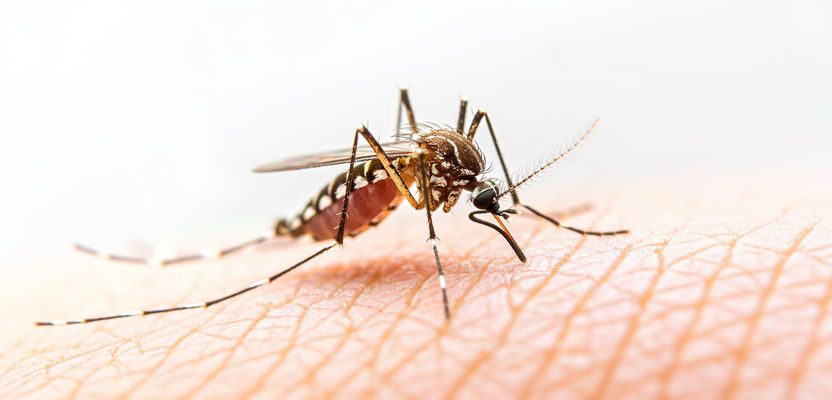Aedes aegypti is one of the most dangerous mosquitoes. This mosquito spreads viruses that cause dengue fever, which was recently declared an epidemic in Puerto Rico. One in Journal of the American Chemical Society Published research reports new molecules that disrupt proteins in the unique, alkaline environment of the digestive system Ae. aegypti mark and could help scientists develop insecticides to combat them.
Although insecticides against mosquitoes already exist, the pests are developing resistance and progress is needed to reduce their numbers and slow the spread of pathogens they transmit, including the malaria parasite and the Zika and dengue viruses. Luckily for scientists, the digestive system of certain mosquito larvae is among them Ae. aegypti, Unique: The pH increases at the beginning of the midgut, creating a highly alkaline area, which then weakens to a more neutral pH as digestion progresses. Michael Riehle, John Jewett and colleagues therefore wanted to develop molecular probes that respond to this change in pH and are only “activated” in the alkaline part of the midgut.
The team synthesized two base-reactive molecules and a control molecule for their test probes. These were introduced into groups of 30 to 40 mosquito larvae, which they ingested through filter feeding and passed through their digestive system. In the alkaline midgut, the two new base-reactive molecules underwent a series of chemical changes that allowed them to bind to proteins in the intestine and be detected by the researchers using fluorescence. Larvae that had consumed the control molecule did not show this fluorescence. Reaching and tagging larval gut proteins with these molecular probes creates targets that could one day be used to develop new insecticides, the team says. Since most organisms have neutral or acidic digestive systems, these alkali-specific molecular probes would not affect them, minimizing potential side effects and making future insecticides highly specific to their target. The researchers say this specificity and adaptability could make insecticides more resistant to change and more effective at controlling mosquito-borne diseases.
Note: This article was translated using a computer system without human intervention. LUMITOS offers these automatic translations to present a wider range of breaking news. Since this article was translated using automatic translation, it is possible that it contains errors in vocabulary, syntax or grammar. You can find the original article in English here.

